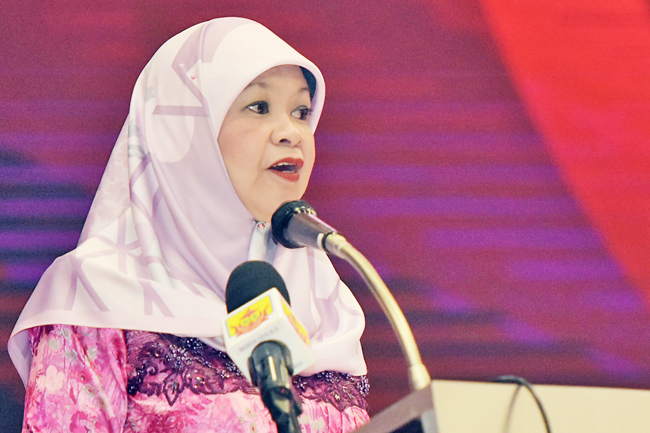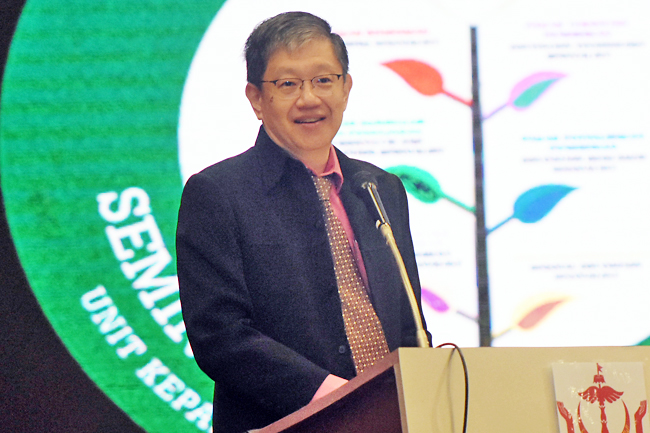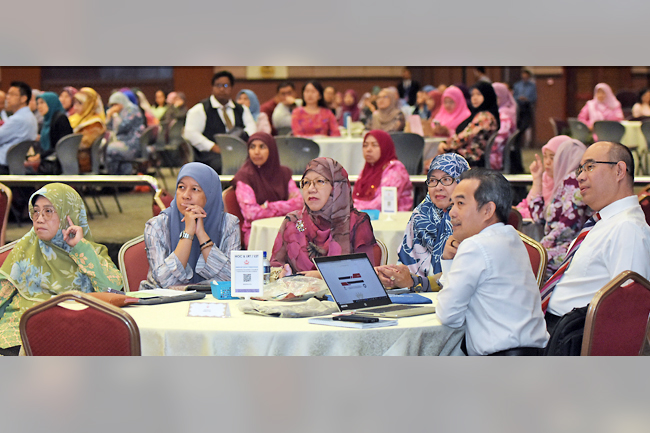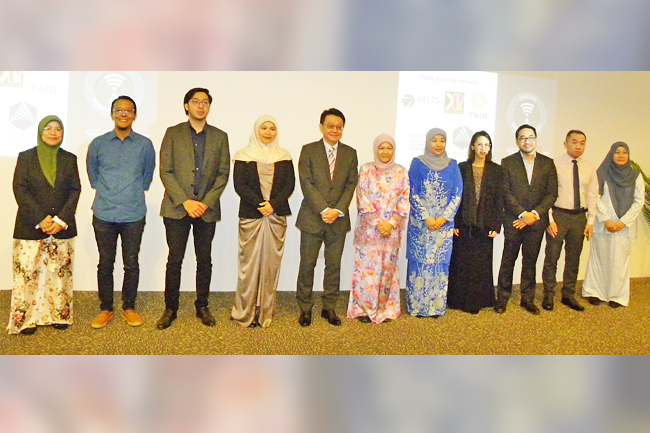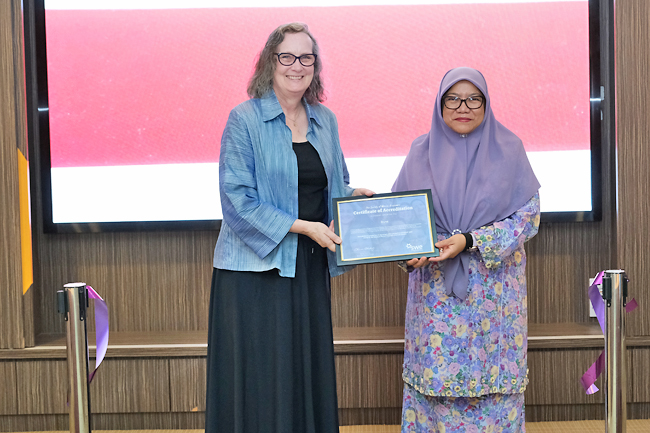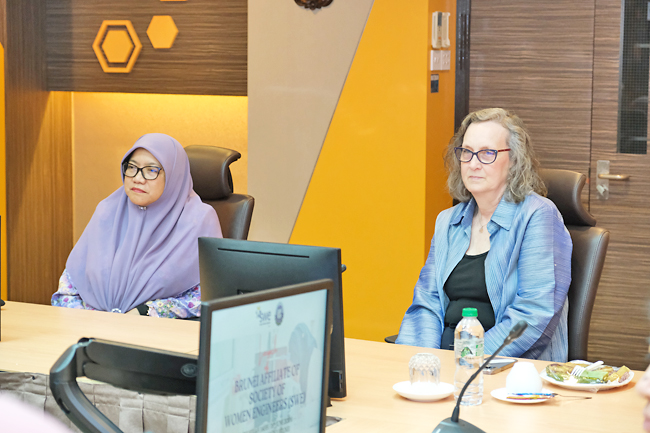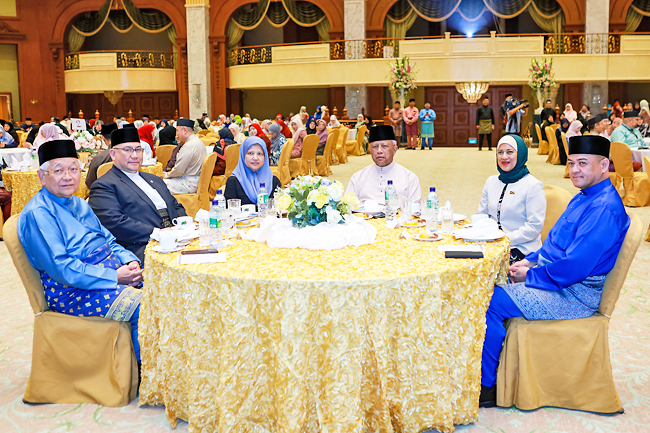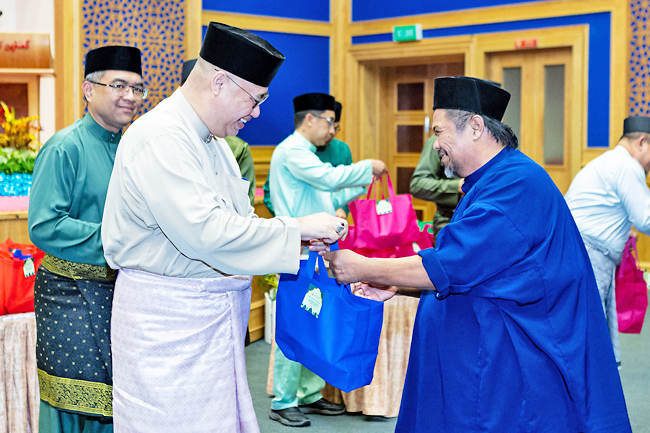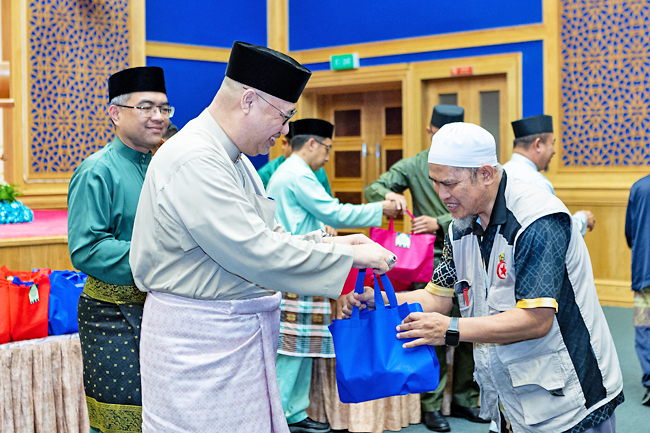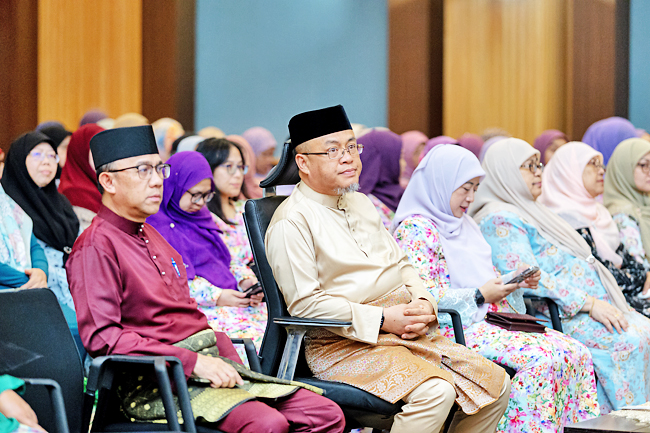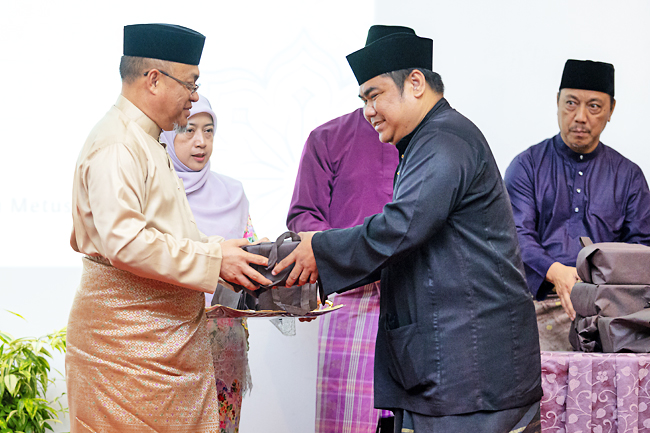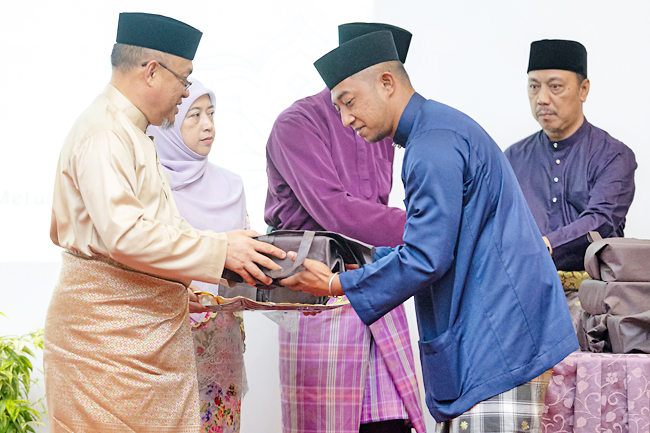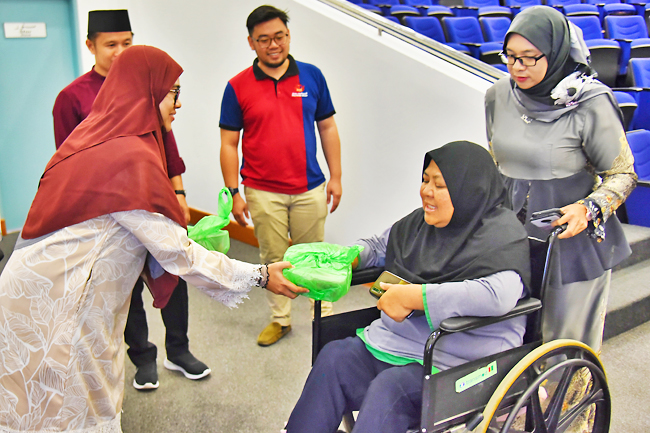MILAN (AP) – The post-pandemic surge in global sales of luxury handbags, shoes and apparel is set to stall this year amid a creativity crisis and price hikes as brands shift focus to the biggest spending customers, a new study by the Bain consultancy said on Tuesday.
Bain is forecasting flat worldwide luxury sales in 2024 following a slight first-quarter dip, according to the study commissioned by the Altagamma association. The consultancy cited political uncertainty during a presidential election year in the United States (US) as well as economic uncertainty in China that has brought on a phenomenon of “luxury shaming”.
Beyond socioeconomic factors and rising geopolitical tensions, the slowdown is also partly “self-inflicted’,’ said Bain partner Claudia D’Arpizio.
She cited a “creativity crisis,’’ in the sector, as a number of major fashion houses are transitioning creative directors, and a new focus on the super-wealthy customers, at the expense of the aspirational middle class and Gen-Z youngsters who fuelled growth before the pandemic.
“There is a lack of clarity for many of these brands. They are making attempts to regain focus. It is five, six brands under turn-around, big ones. This is not helping the overall excitement,’’ D’Arpizio told The Associated Press. “This is a supply-driven industry. When you have the brands really in tune with customer needs, it usually reacts quickly.’’


She said some “tweaks” are needed on strategy and price points, adding that “you can’t grow without the middle class and younger generations”.
Among major fashion houses, Gucci and Moschino have made runway debuts of their new creative directions, while the first Valentino collection by the new creative director hits the runway in September. Chanel has the position to fill after the incumbent resigned earlier this month.
While inflation is one element of price hikes, D’Arpizio said brands are also refocusing on the estimated six million to eight million consumers at the top of the pyramid as they search for better profit margins. At the same time, there has been less rejuvenation in the offerings.
Steep price increases for items that don’t show significant innovation, and feel like something they have seen before, leaves customers “upset and puzzled”.
Flat global luxury sales forecasts follow a pent-up post-pandemic spending surge that pushed sales during the 2021-23 period up 24 per cent over 2019 levels.
Last year, sales of personal luxury goods grew by four per cent to EUR362 billion from EUR349 in 2022, due largely to a resurgence of US and Asian tourism to Europe fuelling purchases.
Add in luxury travel, fine art, cars and yachts, the vast global luxury market expanded to EUR1.5 trillion last year – highlighting a trend toward experiences over tangible goods.
Japan is a bright spot as the return of foreign tourists with the yen at the lowest level to the US dollar in 20 years, while Europe continues strong trends due to tourist spending and an increase in local consumption, especially in French and Italian cities.



